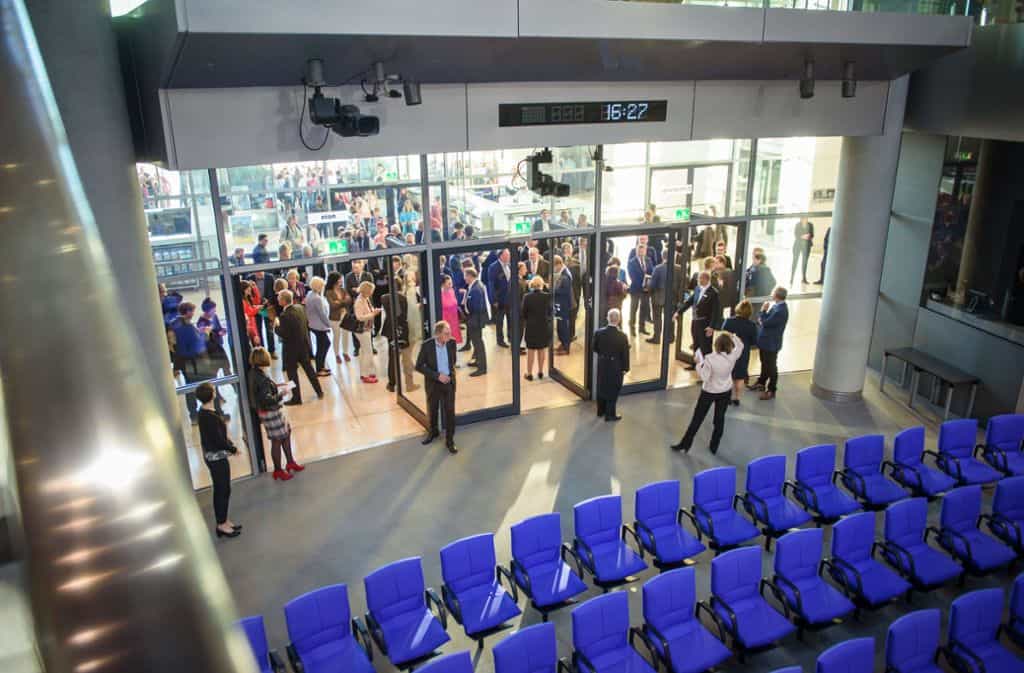Democracy is a versatile system that has the ability to adapt and evolve to its environment. One of the great advantages of democracy is that it is not a static concept, but rather, it is an ever-changing system that can evolve with the times. This adaptability can be seen in the many different voting methods that exist around the world today.
While traditional paper ballots continue to be a common method of voting, the rise of technology has also given way to online voting. These are not the only voting methods available, and there are many interesting and unique voting practices from around the world that are worth exploring. In this article, we delve into five of the most fascinating voting practices from around the world.
What are we covering?
1. Voting with Marbles - The Gambia

Image by UN-Gambia/Alexia
When voters in The Gambia show up at polling stations to cast their ballots, they don’t cast ballots at all! Instead, they use glass marbles – one per voter – which they drop into one of several drums. Each drum represents a specific political party, and they are all painted in party colors with a picture of their candidate attached. Marbles are then counted at the polling stations using special boards. This system, dating back to 1965, was designed so that even voters who could not read could still vote.
2. The Landsgemeinde - Switzerland

Image by Adrian Sulc
The town square- a place for strolling, chatting, and – voting? In parts of Switzerland town squares may have all of these, as several localities host a Landsgemeinde, or Cantonal Assembly, every year. In certain areas, local citizens gather yearly in the town square to vote on a variety of matters by a raising of hands, with a simple majority needed to approve proposals. This practice, one of the best examples of direct democracy, began in the Middle Ages and was needed due to mountain communities often being isolated from each other.
3. Going Through Doorways - Germany

Image by dpa
In the Bundestag, the German parliament, when it is too difficult to tell which side has a majority in a vote, all members must leave the chamber. They then re-enter the chamber through one of three doors, one for “yes,” one for “no,” and one for “abstain.” As they come back in, staff members by the doors count how many members passed through each door and tell the speaker the totals. Talk about a grand re-entrance!
4. Telephone-Assisted Voting - Australia

Ring-ring! Who’s there? Why, it’s democracy! In local council elections in South Australia, it is possible for visually impaired voters to vote by telephone. All they need to do is call a certain number during the election period, verify their eligibility, and receive an identifying number. To preserve the voter’s anonymity, they are then transferred to a different “voting assistant” who reads through the list of candidates, marks the voter’s ballot for them, seals the vote, and then places it in a ballot box.
5. Putting a Party Card in an Envelope - Israel

The pen is mightier than the sword, but what about the printer? In the case of Israeli elections to the Knesset (Parliament), it is in fact the printer since voters are not required to write anything to cast a ballot. Instead, upon entering the voting booth, voters encounter pre-printed cards with party names and abbreviations on them. To vote, they simply pick their preferred party’s card, put it in an envelope they received after being verified, place it in another envelope for anonymity, and drop it in the ballot box. No fuss, no muss.


